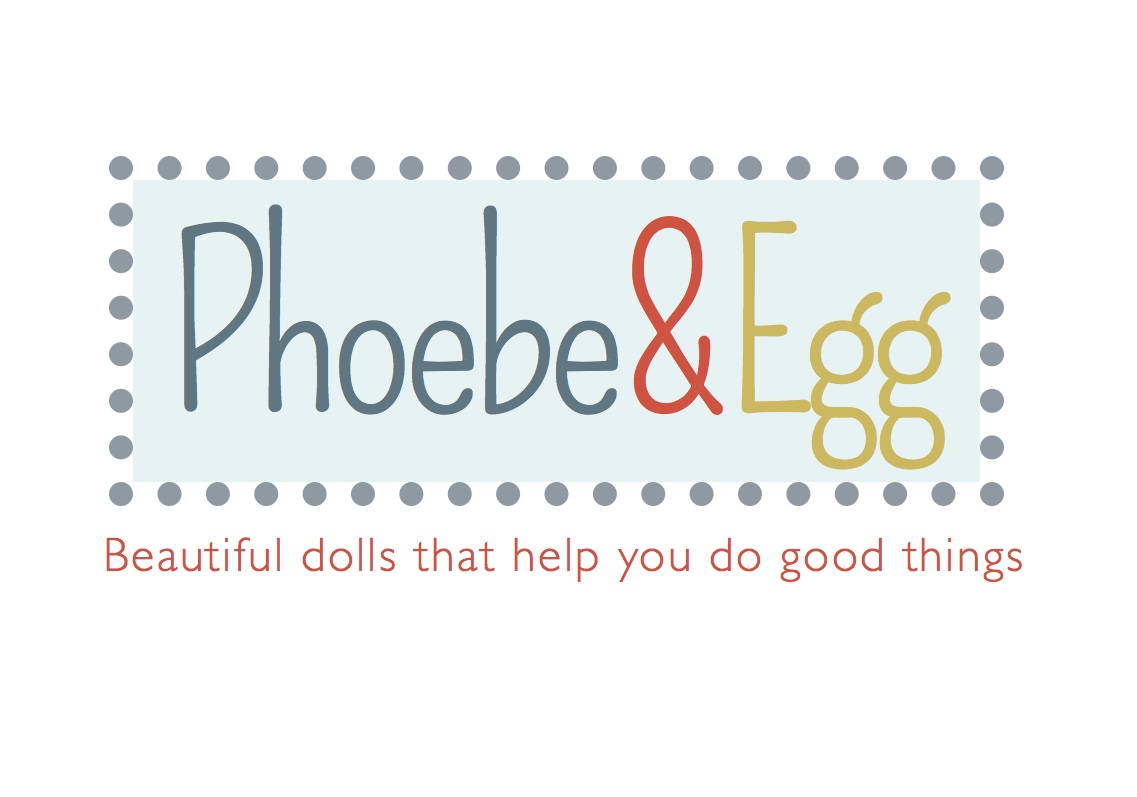Last December, a Phoebe&Egg customer emailed me asking if I would make a doll dress from a fabric she had purchased.
She had purchased the fabric in Liberia, a country that by the end of 2014 had endured over 9,000 cases of Ebola. Sadly, nearly four thousand of those patients died.
She had been in Liberia for several months. She was one of the many brave medical workers who headed straight into the vortex of a dangerous expanding crisis. I was in awe of her bravery.
Last fall, Liberia was declaring a shortage of body bags. Last week, Liberia was declared Ebola free.
Ebola has receded from the headlines, but none of us should forget those who bravely went to west Africa to control what seemed only a few months ago uncontrollable.
When my customer returned to the United States and her family, I received the fabric and a photo of the dress she had in mind.
The fabric was beautiful, a very bright crisp African cotton. The dress she requested was beautiful and looked simple. The dress design, sleeveless with a ruffled collar, was from Malaika Designs, a socially conscious clothing company.
Before cutting the fabric, I made a test dress first. I made my standard one piece lined dress with a ruffled collar sandwiched between the dress fabric and the lining.
Ugh. Not good, at all.
The ruffled collar did not fall correctly. In fact, it did not fall at all, it stood straight up.
Next I used a ruffler to evenly pleat the collar ruffle and tried hand stitching it to the finished dress . The collar now fell correctly, but seemed too small compared to the photo from Malaika designs. It was just not African enough.
Next I made a wider collar, used the ruffler and hand stitched the ruffle to the outside collar edge. I was happy, more than happy, I was smitten. I loved this little dress style on Phoebe.
I went ahead and cut into the fabric and began sewing.
The doll modeling the dress was also purchased.
“The doll will be named after one of my patients who did not survive, but battled the disease so hard.
“She was an amazing woman who opened her own clinic and took care of patients with Ebola but sadly became infected herself. Her family said that they tried to convince her to stop taking care of patients, but she wouldn't. They said that she was the kind of person who used to hand out free medications even before this epidemic. Healthcare was her calling.”








